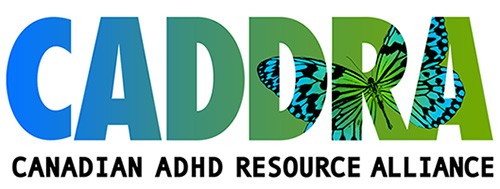Name of Researcher, Faculty, Department, Telephone & Email: Dr. Emma A. Climie, Werklund School of Education, (403) 220-7770, eaclimie@ucalgary.ca
Co-investigators: Dr. Stacey Espinet (CADDRA - Canadian ADHD Resource Alliance), Dr. Joan Flood (Possibilities Clinic), Dr. Anton Miller (BC Children’s Hospital Research Institute)
Title of Project: Practices, Training, and Attitudes towards ADHD: A Survey of Canadian Medical and Nurse Practitioners
This consent form, which you are encouraged to print for your records, is only part of the process of informed consent. If you want more details about something mentioned here, or information not included here, you should feel free to ask. Please take the time to read this carefully and to understand any accompanying information.
The University of Calgary Conjoint Faculties Research Ethics Board has approved this research study. Participation is completely voluntary, and confidential.
Purpose of the Study
The purpose of this study is to explore the attitudes, training, and current practices of Canadian medical practitioners in relation to ADHD. To this end, we would like to obtain your input as a medical or nurse practitioner on what your own experiences and perspectives are regarding ADHD.
What Will I Be Asked to Do?
If you decide to participate in this research, you will be asked to complete a brief survey (up to 15 minutes) about your own professional experiences with ADHD. The content of the survey will consist of questions regarding your ADHD-related training, beliefs regarding ADHD, approach to and comfort working with ADHD cases in your practice, and practice needs you may have.
Participation is completely voluntary. You may refuse to participate altogether, may decline to answer any and all questions, and may withdraw from the study at any time without penalty or adverse consequence.
What Type of Personal Information Will Be Collected?
Should you agree to participate, you will be asked to provide some information about your professional background (e.g., your discipline and qualifications) and general demographic location (e.g., province or country of residence) so that we can get a general sense of the make-up of the participant sample providing feedback. This is important because some experiences and perspectives may be more common among family physicians than psychiatrists, for example, and having this background information on participants will allow us to contextualize our findings. Should you wish to participate in a draw (as described below), you will be required to provide an email address to be contacted with.

